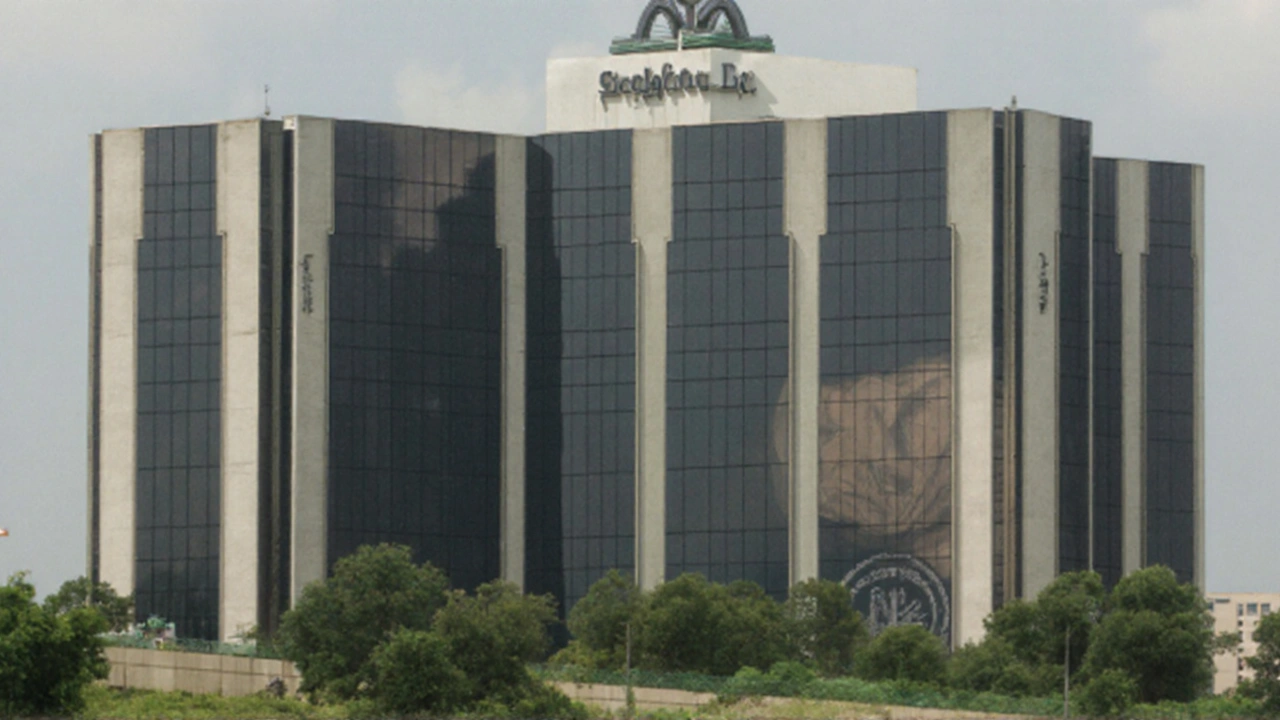Nigeria Interest Rate Cut
When talking about Nigeria interest rate cut, a reduction in the benchmark lending rate set by the country's central bank. Also known as a policy rate downgrade, it directly shapes borrowing costs for businesses and households. The Central Bank of Nigeria, the monetary authority responsible for steering the nation’s financial stability uses this tool to tame price spikes, support growth, or react to external shocks. A monetary policy, the set of actions governing money supply and interest rates shift inevitably ripples through inflation, the rate at which consumer prices rise and the Nigerian Naira, the local currency whose value is sensitive to rate changes. In short, the Nigeria interest rate cut connects three core ideas: it is a policy lever, it targets price stability, and it influences exchange‑rate dynamics.
Why does a cut matter right now? First, the Central Bank of Nigeria has been battling double‑digit inflation for several quarters, driven by food price volatility and imported‑goods costs. By lowering the benchmark rate, the bank hopes to ease credit conditions, encouraging firms to invest in production and consumers to spend, which can soften demand‑side pressure on prices. Second, the Naira has faced depreciation pressures from fluctuating oil revenues and global capital flows. A lower rate can attract short‑term foreign funds seeking higher yields relative to other emerging markets, offering a modest boost to the currency’s resilience. Third, the broader economy—measured by GDP growth, employment, and fiscal balances—feels the after‑effects. When borrowing becomes cheaper, small‑scale enterprises can expand, construction projects pick up, and government debt servicing costs shrink, freeing resources for public services.
Key Connections You’ll See Across Our Coverage
Our collection of articles below unpacks these links in depth. You’ll find pieces that break down how the Central Bank of Nigeria calibrates its monetary policy toolkit, case studies on inflation trends in Lagos and Abuja, and reports on the Naira’s exchange‑rate response to recent policy moves. Some stories focus on sector‑specific impacts—like how a lower rate reshapes mortgage markets, automotive financing, or agricultural credit. Others explore the political backdrop, such as debates in the National Assembly over fiscal‑policy coordination or the role of foreign exchange reserves in sustaining confidence. By weaving together data‑driven analysis, expert interviews, and on‑the‑ground reporting, the series gives readers a 360‑degree view of the cut’s ripple effects.
Whether you’re a business owner watching cash‑flow costs, an investor tracking currency trends, or simply curious about how macro‑decisions shape everyday life, this hub offers clear, actionable insight. Dive in to see how each facet—rate decisions, inflation trajectories, Naira fluctuations, and growth prospects—interacts, and stay ahead of the next move in Nigeria’s economic story.

Nigeria's CBN Slashes Benchmark Rate to 27% as Inflation Cools
Sep 26, 2025, Posted by Ra'eesa Moosa
On September 23, 2025, the Central Bank of Nigeria lowered its benchmark interest rate to 27%, the first cut since the pandemic. The move follows a slowdown in inflation to 20.12% in August and aims to ease borrowing costs for SMEs and households. New liquidity rules, including a 75% cash reserve ratio on public deposits, accompany the cut. Analysts see the easing as a signal that disinflation will continue through year‑end. The decision ends a three‑year tightening cycle that saw rates rise sharply to fight price pressures.
MORE